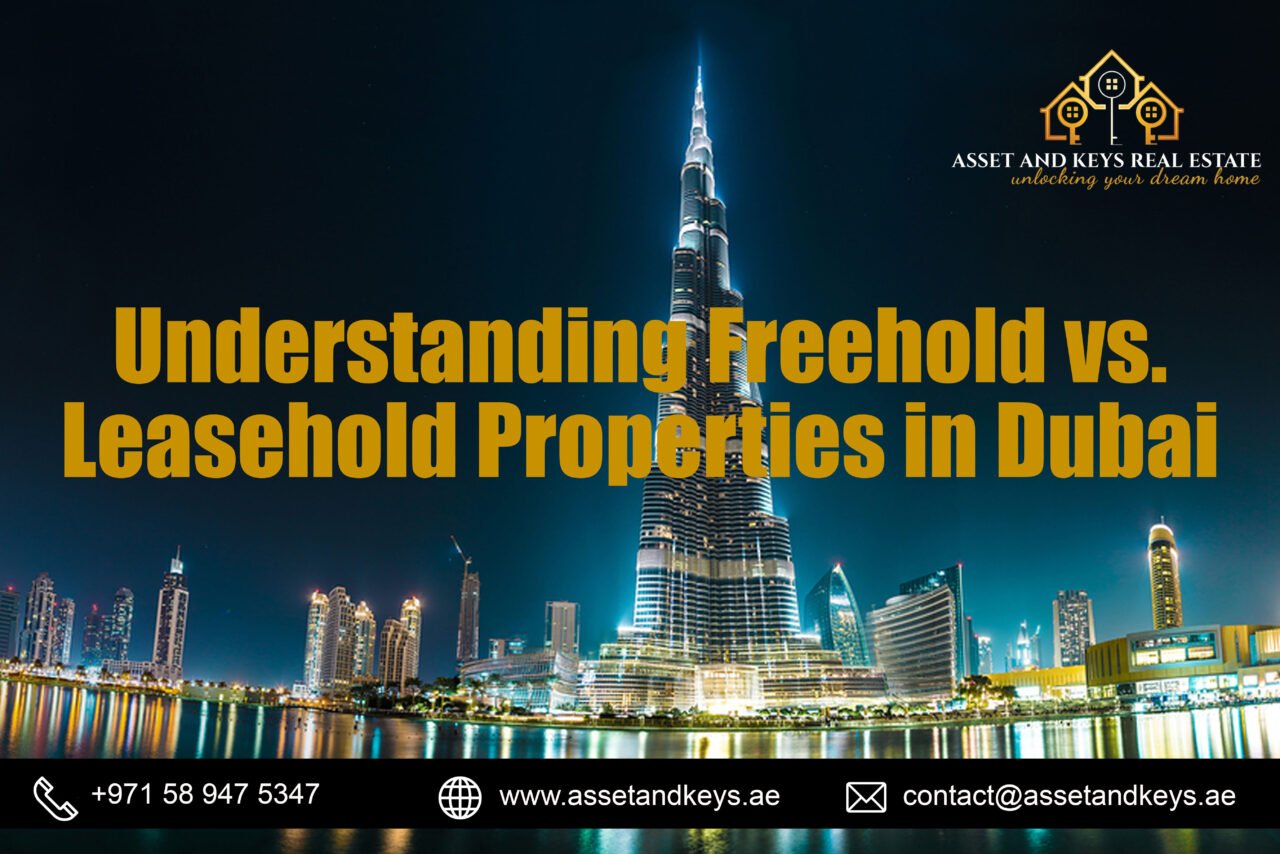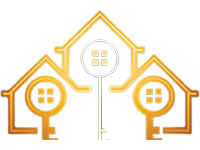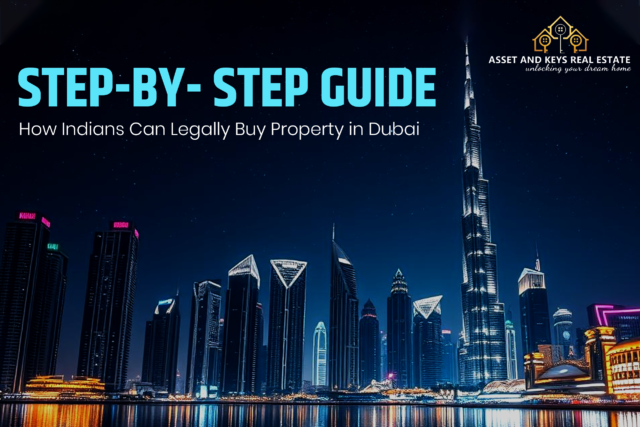
Dubai’s real estate market is one of the most dynamic in the world, attracting investors and homebuyers from all over the globe. If you’re considering purchasing property in Dubai, you’ve likely come across two common ownership terms: freehold and leasehold. Understanding the differences between these two property types is crucial to making an informed decision. In this article, we’ll explore what freehold and leasehold properties are, their benefits and limitations, and which option might be the best fit for you.
What Are Freehold Properties?
A freehold property gives the buyer complete ownership of both the unit and the land it sits on. This means that once purchased, the owner has full rights to sell, lease, or modify the property without any time restrictions.
Key Features of Freehold Properties:
- Full Ownership Rights: Buyers have complete control over the property, similar to real estate ownership in Western markets.
- No Time Limit on Ownership: The property is owned indefinitely by the buyer and their heirs.
- Eligible for Foreign Investors: Non-UAE nationals can buy freehold properties in designated areas.
- Visa Benefits: Investors may qualify for residency visas depending on the value of their investment.
- Higher Market Value: Freehold properties generally appreciate more over time compared to leasehold properties.
Popular Freehold Areas in Dubai:
Dubai has designated certain areas as freehold zones where foreign investors can own properties. Some of the most sought-after freehold areas include:
- Downtown Dubai – Home to the Burj Khalifa and luxury high-rise apartments.
- Dubai Marina – A waterfront hub known for its stunning skyscrapers and nightlife.
- Palm Jumeirah – An iconic man-made island offering exclusive villas and apartments.
- Arabian Ranches – A well-established community with luxurious villas and green spaces.
- Jumeirah Golf Estates – A prime location for golf enthusiasts looking for upscale living.
What Are Leasehold Properties?
A leasehold property grants the buyer the right to use the property for a fixed period, typically ranging from 10 to 99 years. However, the land remains under the ownership of the freeholder (landowner), and once the lease expires, ownership reverts to the landlord unless extended.
Key Features of Leasehold Properties:
- Limited Ownership Duration: Lease terms are fixed, requiring renewal after expiry.
- Mostly Located in Non-Freehold Areas: Leasehold properties are commonly found in areas like Jumeirah, Umm Suqeim, and Deira.
- Ownership Restrictions: Modifications to the property usually require the landlord’s approval.
- Lower Initial Investment: Leasehold properties generally have a lower purchase price than freehold properties, making them more affordable.
- Legal Complexities: Leasehold agreements require careful review, as they come with specific terms and renewal conditions.
Popular Leasehold Areas in Dubai:
- Jumeirah – A beachfront community with villas and townhouses.
- Umm Suqeim – A residential neighborhood known for its proximity to the Burj Al Arab.
- Al Karama – A central location offering apartments and commercial properties.
- Deira – A historical district with a mix of residential and business properties.
Freehold vs. Leasehold: Key Differences
Freehold properties grant full ownership with no time limitations, making them ideal for long-term investments and foreign buyers. Leasehold properties, on the other hand, provide limited ownership rights for a fixed term, often at a lower cost, but with renewal requirements and restrictions on modifications. Freehold properties tend to appreciate more in value over time, while leasehold properties offer affordability in premium locations where freehold ownership is unavailable.
Which Option is Right for You?
Choose Freehold if:
- You want complete ownership and control over your property.
- You are looking for a long-term investment with higher appreciation potential.
- You want the flexibility to lease, sell, or pass down your property without restrictions.
- You are a foreign investor looking to buy property in Dubai.
Choose Leasehold if:
- You prefer a lower initial investment.
- You want to live in prime locations that are not available for freehold ownership.
- You don’t mind renewing the lease periodically.
- You are comfortable with landlord restrictions on property modifications.
Legal Aspects of Freehold and Leasehold Properties
In Dubai, property laws are regulated by the Dubai Land Department (DLD). Freehold purchases require buyers to register their ownership with the DLD, whereas leasehold agreements involve a contractual arrangement with the freeholder. It is always advisable to consult with real estate professionals and legal advisors before making a purchase decision.
Conclusion: Making the Right Choice with Asset and Keys
Whether you choose a freehold or leasehold property depends on your financial goals, investment strategy, and lifestyle preferences. Freehold properties offer long-term benefits and complete ownership, while leasehold properties provide affordability and access to prime locations.
At Asset and Keys, we specialize in helping investors and homebuyers navigate Dubai’s real estate market with ease. Our team of experts provides personalized guidance to ensure you find the perfect property that aligns with your needs.
📞 Contact Us Today!
📲 Call/WhatsApp: +971 58 947 5347
📧 Email: info@assetandkeys.ae
🌐 Visit Our Website: www.assetandkeys.ae
Invest with confidence—your dream property in Dubai awaits!





Leave a Reply